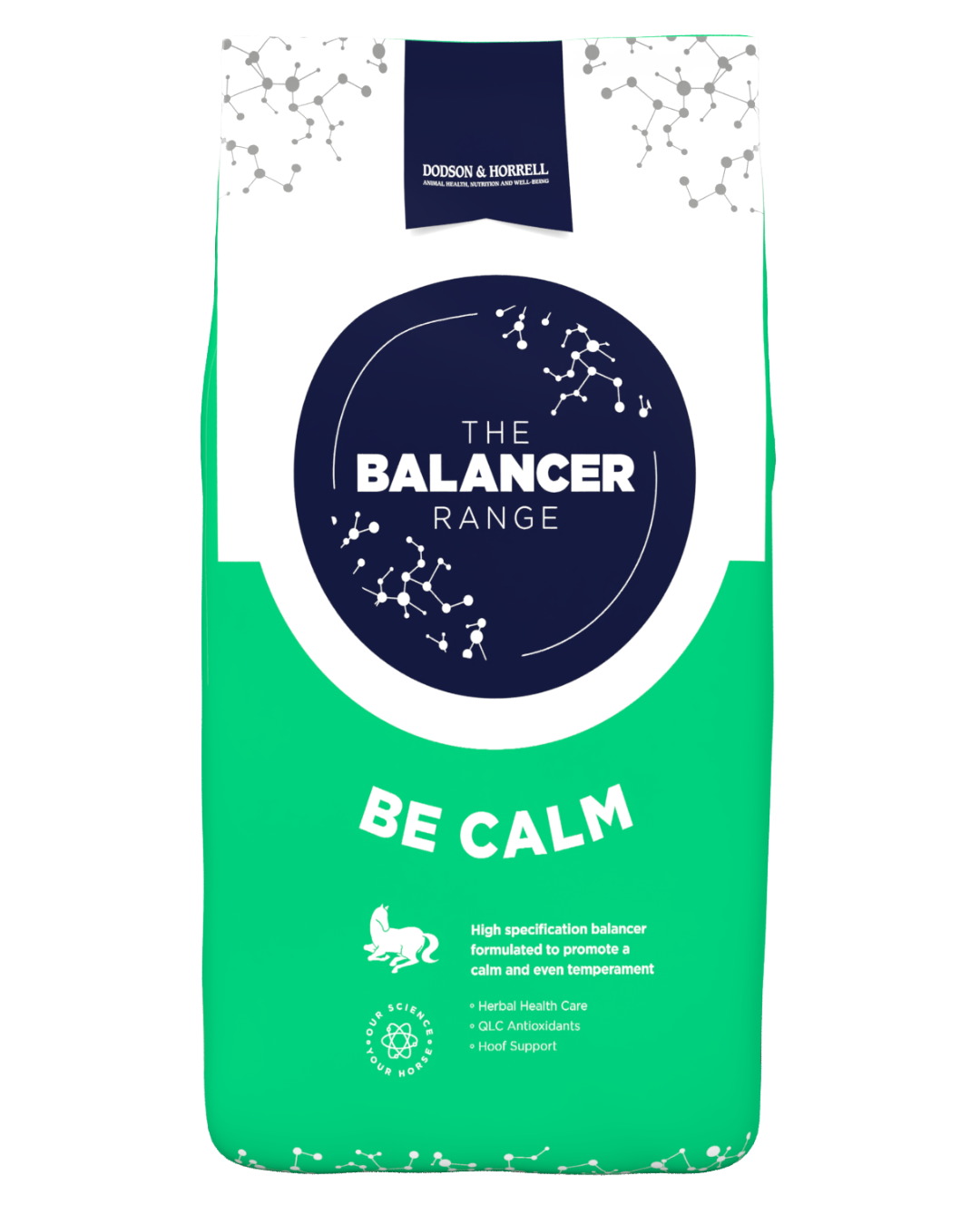Feeding & Behaviour
Naturally in the wild horses are sociable, free-roaming prey animals. They are 'trickle feeders' and spend over 60% of their time feeding.
Management and feeding practices are really important to allow horses to express natural behaviour, and to prevent abnormal behavioural patterns.
Grazing:
- Saliva plays a huge role in protection against gastric ulcers, but is only produced whilst your horse is chewing
- Increasing grazing and the amount of time chewing can help to protect against gastric ulcers, which can cause discomfort and irritable behaviour
- Regular access to pasture will also provide your horse or pony with opportunities to socialize with herd mates, as well as providing natural exercise
- If you have limited grazing, or your horse needs limited access to pasture, it is important to allow foraging within the stable, this can be done by providing hay or haylage in more than one location around the stable.
Stereotypic Behaviour:
- Research has shown links between reduced access to forage and the development of stereotypies, which are abnormal repetitive behaviours such as crib-biting, bed eating and wood chewing.
- Crib-biting has been associated with an increased risk of gastric ulcers and colic and so providing regular access to forage is essential
- Weaving and box walking are more associated with boredom than nutrition
- Providing sufficient access to forage can provide entertainment for the horse and help in preventing these behaviours
Feed Little and Often:
- As horses are naturally trickle feeders their digestive systems have adapted to cope with small amounts of feed at a time
- We recommend splitting large amounts of concentrates into several smaller meals per day of no more than 2.5kg for a 500kg horse
- Excessively large meals of cereals can overload the small intestine, meaning that more starch reaches the hindgut which can disrupt the delicate natural balance of the hindgut
- This could cause discomfort, irritability and could be linked to stereotypic behaviours
Adapt Diet to Temperament:
- Just like humans, some horses are prone to excitable behaviour whereas some are much more laid back
- Nutrition cannot completely change temperament but can minimise unwanted behaviour
- Excitable or fizzy horses will benefit from diets high in fibre and oil rather than starch and sugar, as starches and sugars provide quick release energy which could promote excitable behaviour
- Staypower Cubes provide enough calories from fibre and oil for a horse in medium to hard work, while for horses in lighter work Classic Fibre Cubes are ideal.
- For those horses that need a little more 'oomph' we can use cereals to provide extra sparkle; horses in hard work will benefit from Competition Mix
- It is important to check that your horse is receiving the right amount of calories for their weight and workload
Provide nutritional support for the nervous system
- Your horse's nervous system requires many amino acids, vitamins, minerals and oils to function correctly
- Low levels of selenium have been linked to depression and anxiety in humans
- Omega-3 fatty acids have been shown to improve cognitive function and influence mood and behaviour
- Magnesium reduces anxiety in rats
- Although it has not yet been proven that supplementation has any additional benefits it is important to check that your horse is receiving the correct amount of vitamins, minerals and oils
- If you are feeding less than the recommended amount of concentrate feed you may need to top up with Daily Vitamins & Minerals or a balancer
Behavioural Supplements
- While it has not yet been proven, many owners believe that some natural herbs or supplements can influence their horse’s behaviour
- Chamomile, lemon balm and vervain are all said to have calming properties.
- Prebiotics such as Digestive Support or Yea-Sacc can improve hindgut health, and minimise discomfort and unwanted behaviours
Recommended Products:
Placid = A herbal mix ideal for nervous or excitable horses and ponies.
- Chamomile, lemon balm and vervain, renowned for their calming properties
- Magnesium to encourage an even temperament
Staypower Muesli and Cubes = Oat free, lower starch performance feeds
- Provide controlled energy release for horses in need of staying power and an even temperament
Be Calm Balancer = A high specification balancer formulated to promote a calm and even temperament
- Contains Chamomile, Lemon Balm and Vervain, natural plant-based antioxidants and Biotin and Methionine to support hoof development
Stroppy Mare = A comforting dried herbal blend to help calm your hormonal mare
- Contains Chamomile and Vervain, renowned for their calming properties and St John's wort and chaste tree berries to support normal hormonal function.
We are here to help!
Our team of Nutritional Advisors is on-hand to offer free, friendly and practical feeding advice that can really make a difference to your horse or pony's life.
Contact us for advice on how to get the best from your horse
Call our helpline
01270 782223or use our
LiveChat




